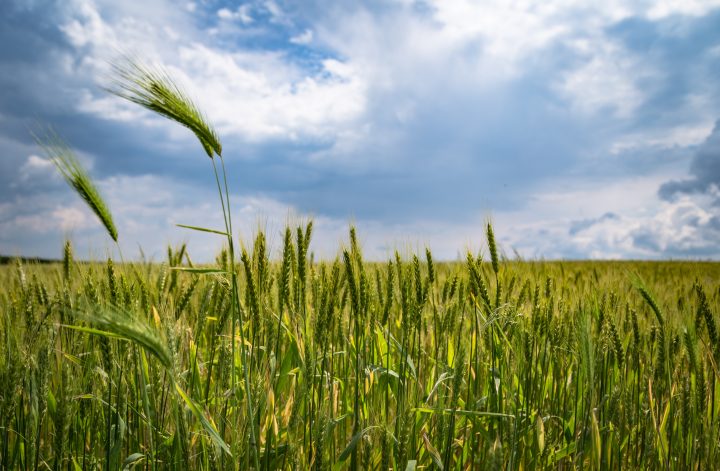Poor business organization of agricultural producers, the disorganization does not allow them to be the main economic agents in the agricultural business and to face each other with other agents to negotiate on a large scale.
The devaluation of agricultural activity, it is necessary for the producer to revalue the rural area, giving it the corresponding power and of which its men are capable and so they believe, to achieve full participation in making their decisions, which internalize The need, to be honest, and responsible when assuming a loan, signing a contract or closing a deal, that they can accept that they can produce what the market requires and at a lower cost, that each agricultural producer constitutes an important man in the economy of our country and that more income can be generated in an environment of ecological balance.
It does not lead prices in the market, most farmers do not know or do not keep a record of their income and expenses, which makes it impossible to know the real cost of their products and determine profitability, so they become “price followers”, In other words, it measures this from the point of view of the previous price.
Ignorance of the Agents involved in the Productive Chains, it is not possible to do good business if we do not know who our clients will be, even worse if I do not know how to reach them, and what product they require and when they require it.
Various phytosanitary problems (pests and diseases ) and indiscriminate use of pesticides arise as a consequence of the lack of joint orientation and attention, increasing costs, and decreasing the quality of the product as well as its acceptability.

Commercial informality, disorganized production without the orientation to safe markets, and little diffusion of quality standards or of the products we offer with the sole purpose of avoiding taxes, we forget that the central idea of the business is to earn higher profits and increase profitability, informality does not allow large-scale sales, that is, to project large national and international businesses.
Low industrialization, the industrialization of a part of the production would allow a smaller and better supply, as well as generate an added value to our production and avoid the fall in prices.
Traditionally, agricultural commercialization or commercialization of agricultural products is understood as “the process that takes agricultural products from the farm to the consumer” (Caldentey 1992). This definition, which we use in a text from 1972, is not my own but is based on other similar definitions used, in previous years, by authors from the United States, which is the country with the most abundant texts and studies on this subject.
Concerning the previous definition, we want to make some considerations. The first is that when talking about the commercialization of agricultural products, we cannot limit ourselves to analyzing only the problems related to the first phase of the process, that is, to action by farmers, but we must take into account the entire process until reaching to the last phase of the same, since all these phases are related, existing a mutual influence between them.
The Food Industry.
The first phase of evolution consists of a certain development of the transformation phase. The phenomenon, which began in the United States at the end of the last century, consists in that small family and artisan establishments that complement the role of farmers are replaced by large establishments that handle large quantities of product and therefore benefit economies of scale, producing at ever lower costs.

